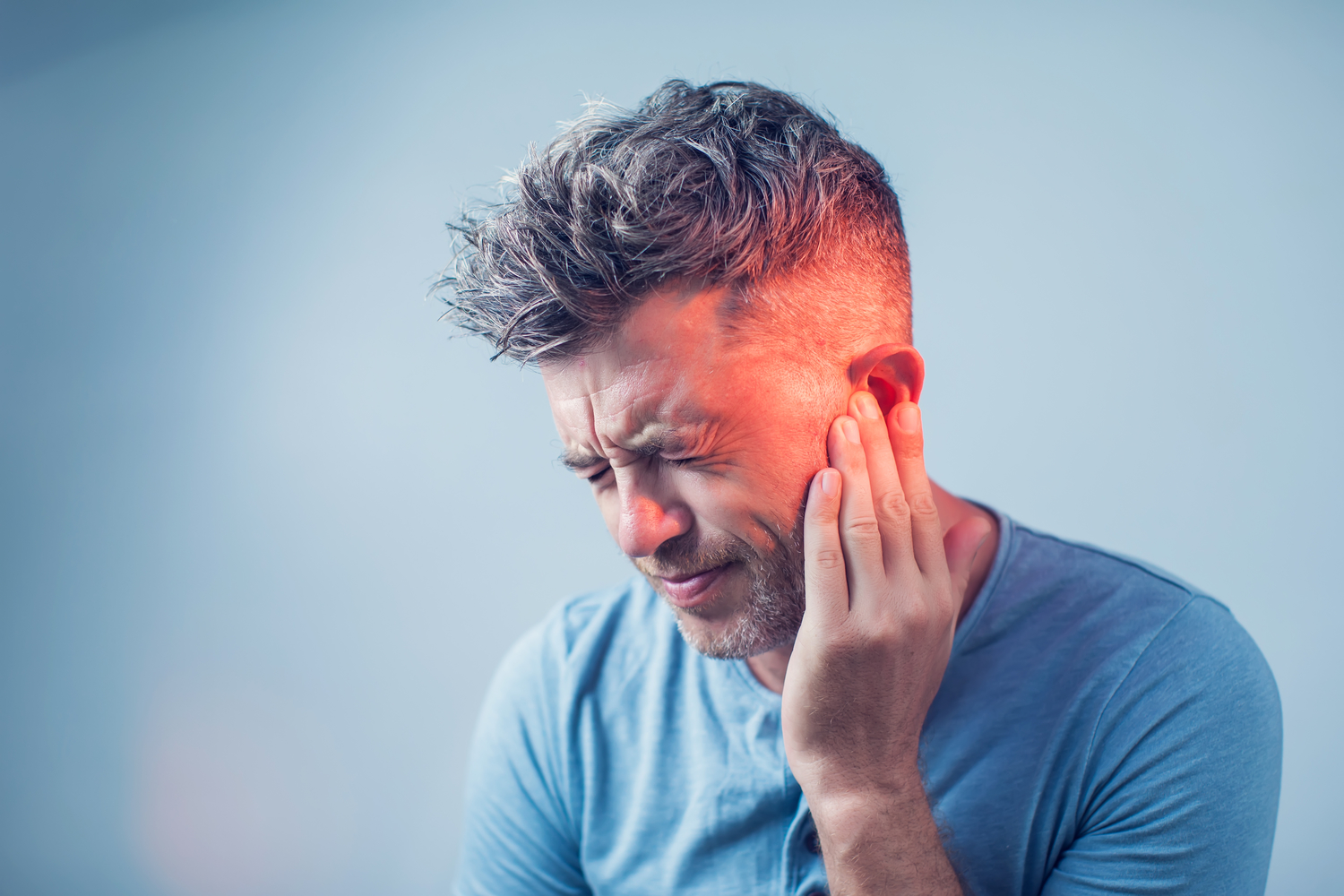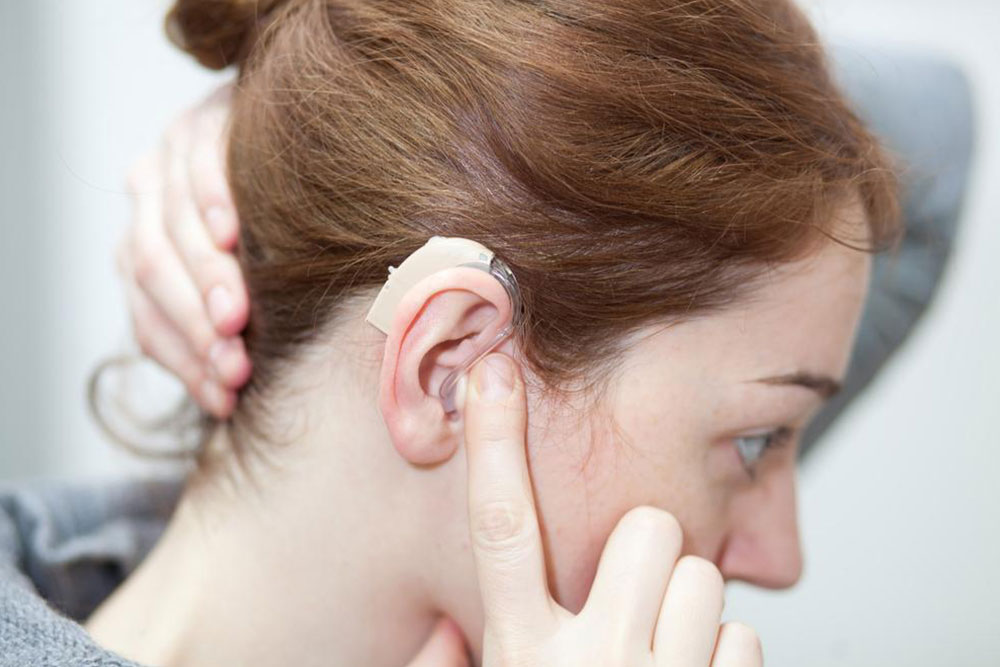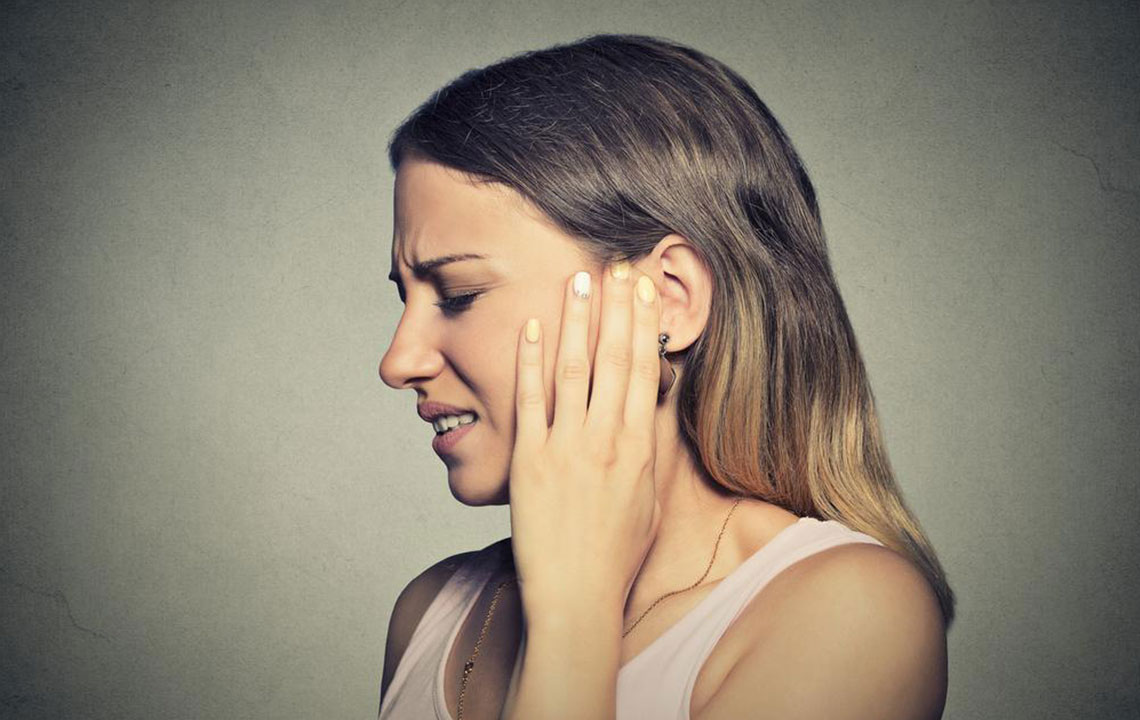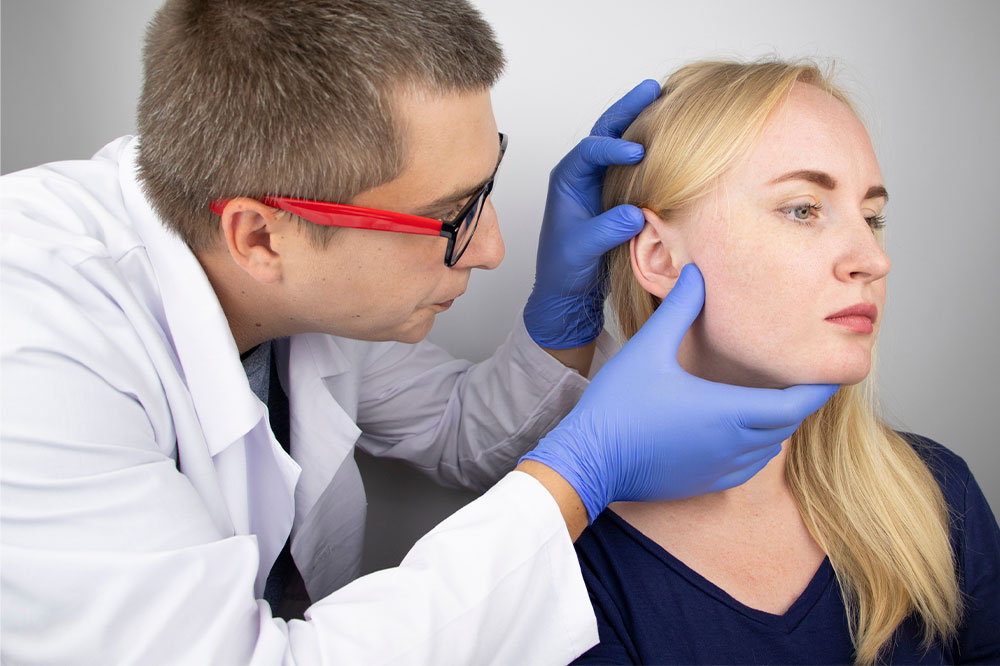Understanding Ear Tinnitus: Causes, Symptoms, and Treatment Options
This article provides an overview of ear tinnitus, exploring its causes, symptoms, and treatment options. It emphasizes the importance of early diagnosis and personalized approaches to manage the condition effectively. Learn how everyday habits and medical interventions can help alleviate tinnitus symptoms and improve quality of life.
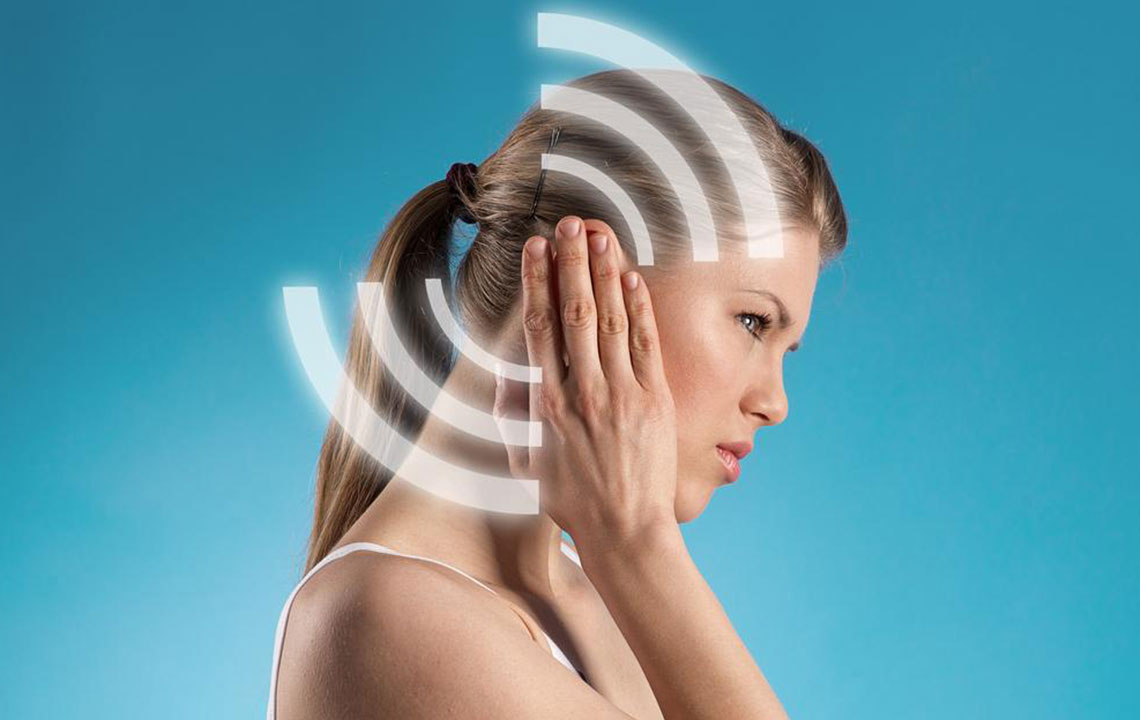
Understanding Ear Tinnitus: Causes, Symptoms, and Treatment Options
Ear tinnitus is a condition where individuals perceive internal sounds such as ringing, buzzing, or hissing that have no external source. These sensations vary from person to person and can include noises like whistling, humming, or chirping. While not life-threatening, tinnitus can significantly impact daily life, causing discomfort and difficulty concentrating. Commonly called ringing in the ears, tinnitus disrupts normal routines and can lead to emotional distress.
Possible Causes of Ear Tinnitus
Causes differ among individuals but often include:
Ear blockage
Obstructions like earwax buildup can cause internal sounds.
Ear infections
Fungal or bacterial infections may contribute to ringing.
Tumors or cysts
Growths can block pathways and generate abnormal sounds.
Long-term noise exposure
Prolonged exposure to loud sounds damages ear structures, leading to tinnitus.
Age-related hearing loss
Natural aging can impair hearing and cause internal noises.
Bone issues and medications
Abnormal bone growth or side effects of certain drugs may trigger symptoms.
Symptoms to Watch For
Common signs include hearing internal noises like ringing or buzzing, ear discomfort, sensitivity to sound, sleep disturbances, concentration difficulties, and sometimes emotional responses such as anxiety or depression. Unusual ear discharge and decreased hearing are also possible indicators.
Diagnosis Methods
Because symptoms vary, diagnosing tinnitus involves detailed medical history and specialized tests. These include pitch and loudness matching, ear examinations, and visual assessments. Sharing comprehensive information with your healthcare provider helps ensure accurate diagnosis and effective treatment planning.
Therapeutic Approaches for Ear Tinnitus
Treatment depends on the underlying cause and severity. Techniques include:
Hearing aids
Improve hearing and reduce perceived internal sounds.
Tinnitus retraining therapy (TRT)
Combines sound therapy and counseling to help ignore tinnitus.
Sound masking devices
Use external sounds to cover internal noises.
Sound generators
Devices producing soothing sounds are effective in quiet environments.
Surgical procedures
Necessary for tumors, cysts, or structural abnormalities.
Ear cleaning
Removal of excess earwax can alleviate symptoms.
Medical treatment
Antibiotics or medications address infections or related conditions.
Medication management
Helps control associated discomfort or stress, though not a cure.
Preventive measures include protecting ears from loud noises and seeking prompt medical advice if symptoms develop. Careful diagnosis and tailored treatment can greatly improve quality of life for those with tinnitus.
Note:
This informational piece offers insights into tinnitus, including its causes, symptoms, and potential treatment options. Readers should consult healthcare professionals for personalized diagnosis and treatment plans. The content serves as a guide and should not replace professional medical advice.


